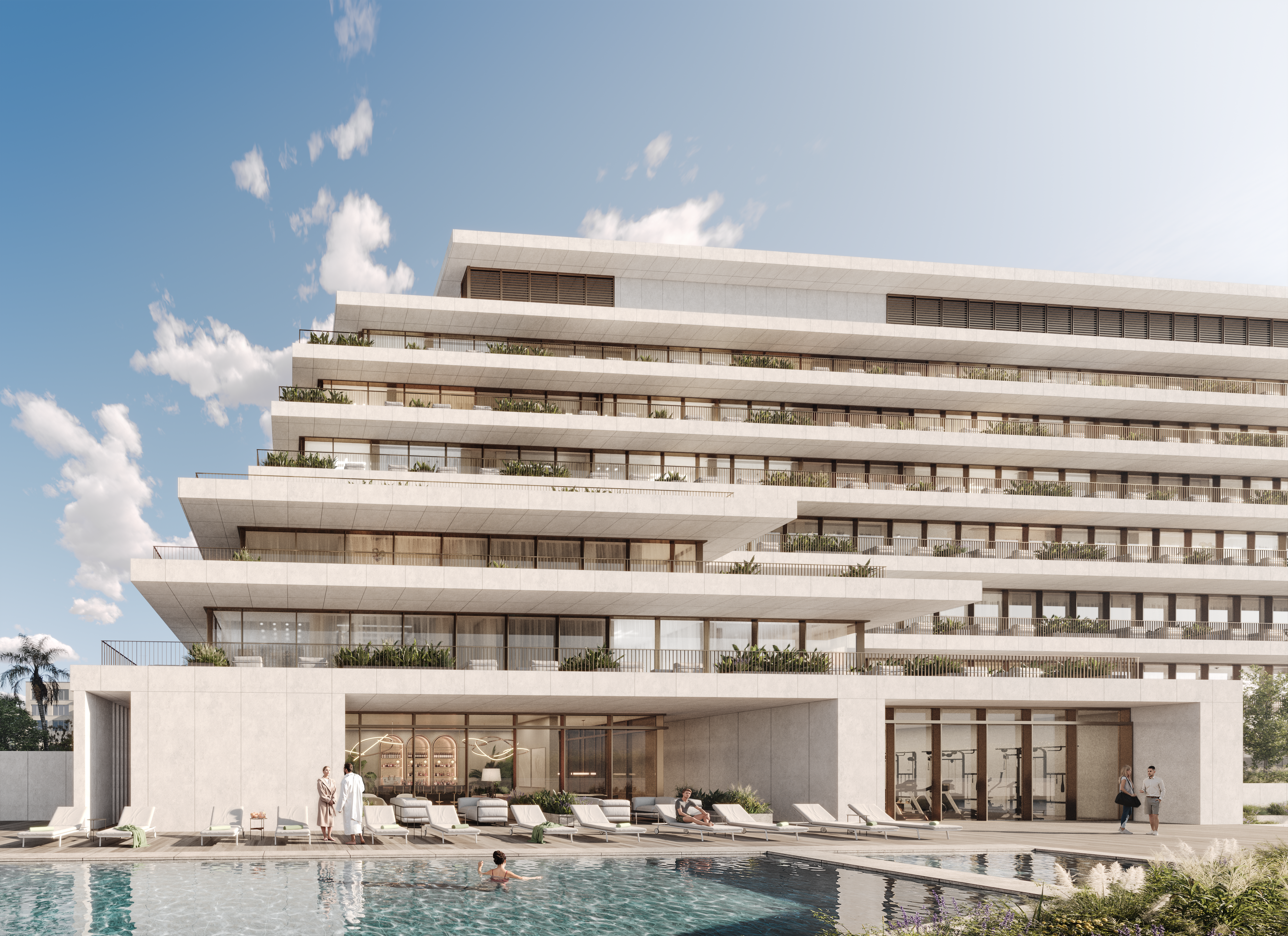Global Partners plans build-to-rent residential property developments near Dubai Water Canal

UAE fund manager raises USD 212M to target build-to-rent market
- Global Partners closes USD 212M fund to invest in Dubai projects
- Build-to-rent and ‘co-living’ are emerging models
- Sectors catching on in UAE as property market matures
Global Partners, a Dubai-based institutional fund manager, has raised USD 212M from global investors through its debut property fund, and intends to build two residential projects near Dubai Water Canal.
Based in the emirate’s financial free zone Dubai International Financial Centre (DIFC), Global Partners specialises in alternative investments and aims to tap the UAE’s growing build-to-rent sector with its Global Partners Property Fund.
The fund “is focused on the large, growing, and underserved millennial tenant market in Dubai”, Global Partners said.
It attracted interest from a mix of local and international investors, with 35 percent of capital originating from North America, 37 percent from Europe, 27 percent from within the UAE, and the remaining 1 percent from other nationalities.
- Tenants hit Dubai’s suburbs as prime property rents soar
- Dubai mid-market homes will rise 15%, says Danube chief
- Young Saudi workers demand more affordable, smaller flats
With its development partner, Dubai-based H&H Development, Global Partners said it plans to use the fund’s proceeds to construct and manage two upscale residential projects near Dubai Water Canal – which sits between Business Bay and the coastline off Jumeirah Beach Road.
The developments are known as Eden House The Canal (around 100 units, due to complete in 2025) and Eden House The Park (more than 550 units, due to complete in 2026) and are “perfectly located to address a market gap for affluent renters in Dubai”, according to Global Partners.
Construction of the two developments has already begun and the fund manager has “secured a strong pipeline of prime land for subsequent funds”.
Demand for prime property in Dubai is strong, with a shortage of development plots and luxury real estate scarce, keeping prices high.
Consultancy CBRE’s January market update said that the emirate registered a record total of 90,881 residential sales transactions in the full-year 2022, while average residential property prices rose by 9.5 percent in the year to December.
Martin Linder, chief executive of Global Partners, said: “We are delighted with the reception we have received from global investors for our inaugural fund. Institutional capital is increasingly interested in Dubai real estate, and we have created an ideal fund to cater to this demand.
Martin Linder, chief executive of Global Partners, said institutional capital is increasingly interested in Dubai real estate.
“The fund is in line with Global Partners’ strategy to deliver institutionally owned and managed residential supply in Dubai.”
Miltos Bosinis, chief executive of H&H Development, added: “This investment initiative proves that Dubai has become an international financial centre that attracts global investors’ interest from all over the world.”
Still nascent in the UAE, build-to-rent (BTR) is gaining momentum globally as a new model for the rental market aimed at an upcoming generation of renters wanting purpose-built affordable housing, sometimes with communal facilities.
BTR is often considered in the industry as synonymous with – or at least similar to – co-living, another emerging model aimed at millennial or younger-age renters.
Co-living is characterised by the development of large-scale residential blocks containing small apartments with shared communal spaces such as kitchens, living rooms, and workspace.
In developed markets such as the UK and US, co-living is an extension of the concept of flat sharing, and therefore has historically been a harder sell in the UAE, which has strict rules against subletting without explicit consent from the landlord.
BTR, on the other hand, tends to be more aligned to the traditional rental market with properties featuring fewer shared living spaces and larger apartments. Its business model, however, is focused solely on selling properties for rent
Global Partners’ BTR offering is “quite different” from co-living, Linder told AGBI.
“We focus more on the core rental market and want to provide a better rental experience for a much wider group of tenants than the specialist providers,” he said.
He explained that while as much as 70 percent of Dubai’s population are renters, the vast majority of rental supply comes from individual landlords rather than institutional investors.
“Institutional landlords, in particular in freehold areas, are underrepresented compared with other major cities in the world. Yet institutionally built and managed rental portfolios provide superior, more efficient and better lasting rental products and have become an attractive theme for many professional investors,” he said.
“Our strategy aims to improve the Dubai rental experience dramatically.”
Both BTR and co-living are becoming increasingly viable in the UAE as its property market matures. Some established UAE developers – including one of the biggest, Emaar Properties – have begun offering monthly payment options to co-renters, as well as zero broker commissions and zero deposits for utility services.
The apartments typically come furnished and feature co-working and other shared facilities aimed at the growing number of freelance and other casual workers entering the UAE.
Emaar has launched a dedicated co-living offering at Dubai Hills, while Vonder is a European co-living developer that has just entered the Dubai market with properties at the City Walk and Bluewaters neighbourhoods.
Global Partners is regulated by DIFC regulator the Dubai Financial Services Authority (DFSA).
Source: View AGBI Article
Disclaimer:
Global Partners Limited deals only with Professional Clients and Market Counterparties and does not provide services to Retail Clients, as defined in the DFSA Conduct of Business Rulebook. The content of this press release is for general information purposes only and does not constitute financial advice.